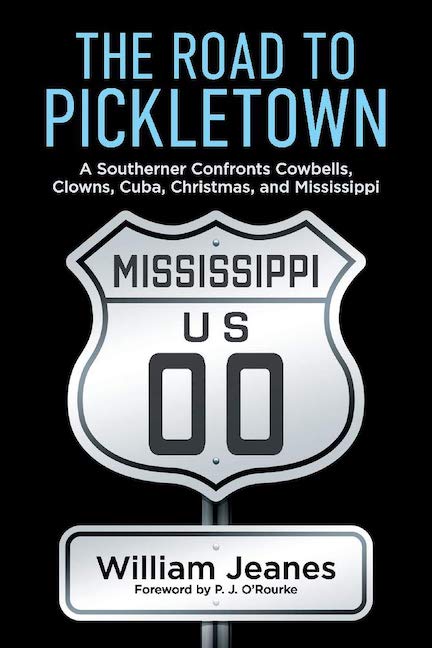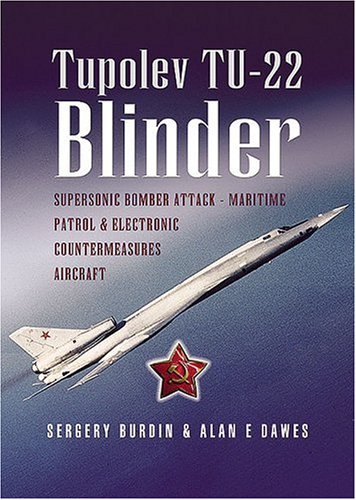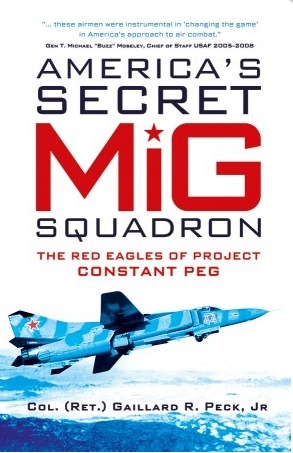Bomber
 by Len Deighton
by Len Deighton
Bomber, a novel by Len Deighton that originally appeared in 1970, has been reissued in 2023 by Grove Press. In this new edition of Bomber we not only have the afterword penned by Deighton for the 2009 edition, but also an introduction by Malcom Gladwell (The Bomber Mafia, 2021).
In some circles, much has been made of Gladwell’s remark: “Len Deighton’s Bomber, one of the greatest British anti-war novels ever written.” Coming in the wake of his very successful Harry Palmer series and prior to his later alternate past histories and the later spy novels, Bomber was something of both a change of pace and perhaps a harbinger of the direction of his future efforts.
I first encountered Bomber about three or so years after it appeared, finding a copy in a second-hand bookshop in New York City. It was an interesting read then and remains so now, decades later.
The introduction by Gladwell is an interesting one and makes for an excellent review of Bomber all on its own. At least a few of the recent reviews of Bomber have devoted as much if not more time to that introduction as to the novel itself. And, for good reason: it is really quite good. While I probably would have drifted towards Bomber anyway, reading the introduction made it a done deal.
While not quite an Everyone-Dies-in-the-End sort of war novel, many do die. But that’s World War II for you, maybe 50 million or so dead when all the deaths are totaled up from the beginning to the end (exact dates being a bit nebulous even today). The deaths in Bomber take place in the air and on the ground, British and Germans alike. Some are perhaps almost expected, some are perhaps foretold, some are perhaps even a surprise, just as some of the survivors are the expected and some a surprise.
Bomber is a novel, but the level of detail and the attention that detail is, I would suggest, something far more than most war novels provided at the time. The research Deighton conducted for the novel is exactly the sort that could just as easily have resulted in a forensic examination of one day in a long war, in this case, the struggles between the German air defenses and the efforts of the RAF Bomber Command over a night in late June 1943. Being a novel afforded Deighton the ability to assemble a cast of players for dramatic effect and then structure a story around them; Gladwell suggests in this introduction that it is a bit at odds with the one that even a quarter of a century later the British told themselves.
I was interested in my reactions to Bomber after a five-decade gap. I was surprised at how much of the story I remembered in many instances. Other parts had been forgotten or misremembered. The care taken regarding the aircrews on either side in the contest between the bombers and the nightfighters still resonated. Surprisingly, I still had a clear memory of the fictional German town of “Altgarten” that was the target that night. This, I suspect, came from having grown up in postwar Germany while the rebuilding was still in progress and the effects of the war were still very much visible before they vanished from, first, sight, and, then, memory.
That the RAF, at least Bomber Command in this particular instance, seemed to be a dysfunctional organization riven by the issue of class, as illustrated by the differences in how the officer aircrew went about things versus the enlisted aircrew, especially the flight sergeants, who actually did most of the piloting of the aircraft, and also of imagination, i.e. the concept of the bombing campaign itself, still lurked in my memory. Of course, I have learned a whole lot since first reading Bomber back in the day, which happened to be only a few short years after returning from Viet-Nam, with the final withdrawal still to happen. Here was, at least the case of one of the flight sergeants at the center of Deighton’s story, another version of Catch-22.
In my re-reading, the fate of one of the British sergeant pilots in particular reminded me of something that Gladwell raises in the opening of his introduction: that the British are not an imaginative people. Many a time I have been reminded that the Brits had the Jerries on the run and really didn’t need the help of the Yanks or the Ivans to win the war: we simply got in the way of their martial genius and tended to botch things up. I have to think that the difficulties facing the British and then the Americans attempting to mount an air campaign against Germany were certainly formidable and challenging, but as the survey of the strategic bombing against the Third Reich noted, the approach taken was generally not as effective as assumed. It was successful in some ways, in others, it was more of a failure.
Something Deighton dwells on is that the RAF, more often than it wished to admit, bombed either the wrong targets or put holes in the ground instead of factories producing war materiel. Only by going to blanket area bombing was there any chance of hitting a vital target—by chance. In that scenario, civilian casualties were simply “collateral damage” and, well, so what? Note that Bomber appeared not that long after the publication of David Irving’s fantasy on the fire-bombing of Dresden and its “quarter million” deaths in one raid in February 1945. While the combined RAF/USAAF raid on Dresden resulted in “only” maybe 22,000 deaths, such was the war. Then again, had I been an infantryman in the closing days of the war and faced the prospect of the invasion of the Japanese homeland, I would have definitely cried out, in Paul Fussell’s words, I “Thank God for the Atom Bomb!”
If you haven’t read Bomber, it is worth taking the time to do so. It has held up over time much better than I anticipated. This is in no small part due to Deighton being a great storyteller, especially when taking a topic that in lesser hands could have simply been either an antiwar screed or a boring time-consumer.
Random sidebar: In his afterword and acknowledgements, Deighton mentions that Bomber may have been the first novel written using a “word processer,” a term yet to be created in 1969 when he was in the process of pulling together the words that his secretary, Ellenor Handley, then typed up on her IBM Selectric, the pur sang of typewriters of the day. And every time Deighton made a change to the manuscript, Handley had to hit the typewriter again. Deighton managed to obtain an IBM MT/ST, something devised for publishing houses to create pages that could be Photostatted for making the printing plates. The MT/ST combined a magnetic tape drive (the MT part of the name) with the input device, a Selectric Typewriter (the ST part), to the system. Using the modified Selectric, the input was recorded on half-inch magnetic tape located on the Tape Control Unit. Despite being rather bulky, and slow due to the need to deal with various issues such italics or special characters, as well as being subject to the usual problems of tape drives, by the mid-1970s these systems were fairly commonplace in various businesses, facilitating the use of automated addressing and mailing processes that were being used more and more for billing purposes. I am inclined to think that if not the very first, Deighton’s Bomber was easily in the vanguard of books written using an IBM MT/ST system. I hadn’t been aware of this when I read the book the first time but seeing it now in the afterword reminded me that I happened to have my own IBM MT/ST experience with the then-new system when I discovered that it was entirely possible to use an MT/ST to write an outline of your programs and systems analyses and then make corrections on the fly as you worked things out. I still had to hand-jam the charts but this certainly sped things up. I only investigated this when my fellow classmate, Carol Busto, wondered out loud if such a thing were possible. It was . . .
Copyright 2023, Don Capps (speedreaders.info).


 RSS Feed - Comments
RSS Feed - Comments





































































 Phone / Mail / Email
Phone / Mail / Email RSS Feed
RSS Feed Facebook
Facebook Twitter
Twitter
It would be worth a trawl around the web for a copy of the BBC production of Bomber which was originally transmitted in real time across a Saturday on Radio 4.